“Communities Are Asking For Peace”
- Par Eulalia AMABO
- 27 Apr 2022 11:25
- 0 Likes
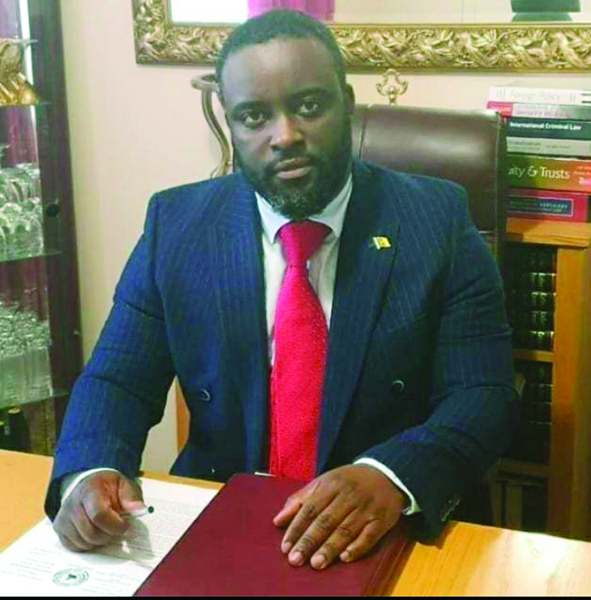
Dr. Elvis Mbwoge, Political Scientist, University of Buea.
There have been a series of meetings at divisional levels to chart a return to peace in communities in the North West and South West Regions. What appreciation do you make of this approach?
My appreciation is that of hope seeing the political will demonstrated by the elite to ensure the return to peace in the North West and South West Regions. You can see that this is just the implementation phase of the clarion call of the Head of State to have peace at all costs in the troubled regions. And since the Head of State called for peace, you can see that the government and Prime Minister, by the powers invested on him through the Major National Dialogue, is doing everything to see that peace returns. They are using the elite, decentralised arms of government and defence and security forces, to get to the grassroots to attain peace. These meetings are more or less peaceful calls. You will attest with me that the approach that was given before when the crisis started is no longer existing. We have got a U-turn of the approach. I am more or less very optimistic that the political will of the Head of State, Prime Minister and members of government as well as the elite, and of course the will of the people is what is manifesting now. We see through these meetings that people are seeking the return to peace. There is some light at the end of the tunnel.
Peace calls have multiplied, but unfortunately, the conflict still persists. What is not going right?
That is true. The communities are asking for peace. You can see that many organisations, the church, civil society, and the State itself are calling for peace. Everybody is hoping that we will achieve this peace in the two regions. The conflict continues because of the people perpetrating the conflict. We acknowledge there were problems and the State has been reacting to some, maybe not as fast as we expect, but we see efforts of the State. The response has to be gradual, sure and right with rooms for no mistake. It is not a rush-rush solution. We can see the many steps the government has taken to resolve the Anglophone crisis and you can tell that the sentiments and grudges that the people had have changed. The opinion people had has also changed because they now see a genuine need for peace from every stakeholder that seeks peace. The conflict still persists because of the disunity amongst the perpetrators, some who are adamant to the principles of conflicts, negotiation and comprising. There is no conflict that will last forever. There is a time people need to reason. We all love our country and I can see many people working towards that. But if you cannot compromise or collaborate, then that’s where the problem is. I hope they are not expecting to see the State surrender its sovereignty to them. That is why it is now left for us to understand that the peace we now seek is in our hands.
Is the current approach convenient enough to bring about lasting peace?
To be honest, the present approach is a good one. I would say lasting peace starts from somewhere. We earlier had a military approach when the crisis started and there was a lot of criticism, something the authorities that be quickly and maturely understood. The present approach emanates from the Major National Di...
Cet article complet est réservé aux abonnés
Déjà abonné ? Identifiez-vous >
Accédez en illimité à Cameroon Tribune Digital à partir de 26250 FCFA
Je M'abonne1 minute suffit pour vous abonner à Cameroon Tribune Digital !
- Votre numéro spécial cameroon-tribune en version numérique
- Des encarts
- Des appels d'offres exclusives
- D'avant-première (accès 24h avant la publication)
- Des éditions consultables sur tous supports (smartphone, tablettes, PC)






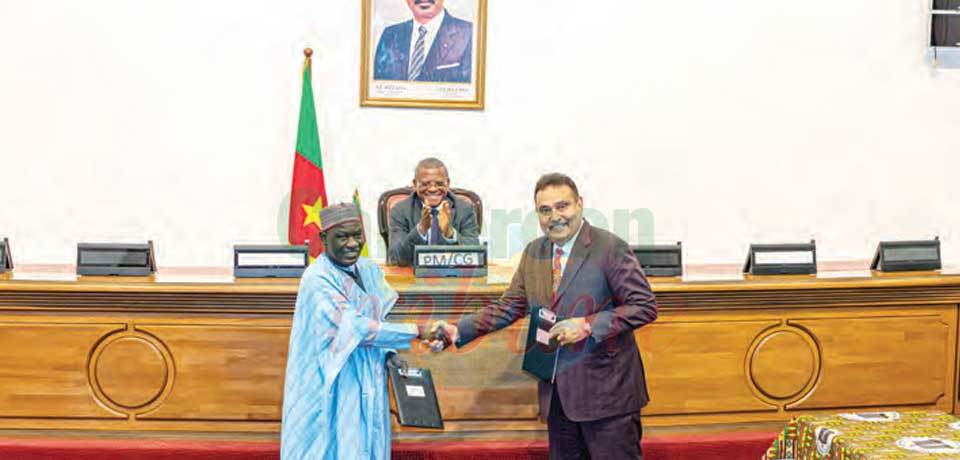
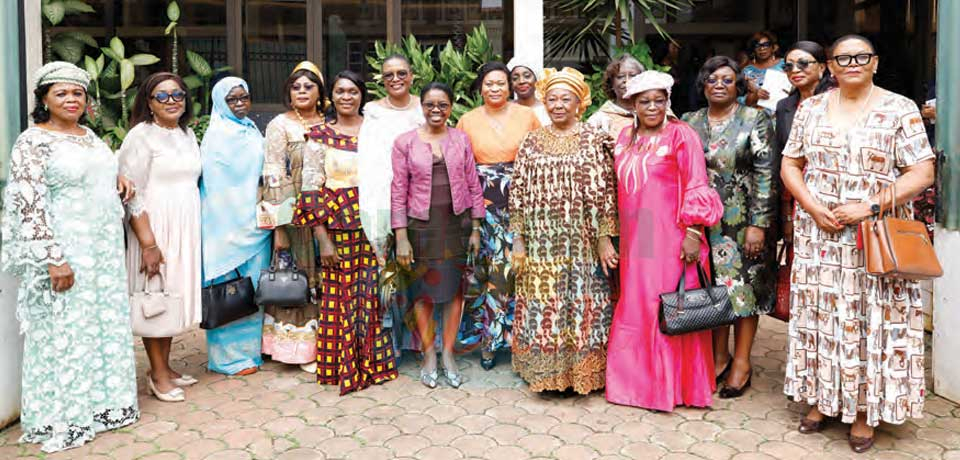
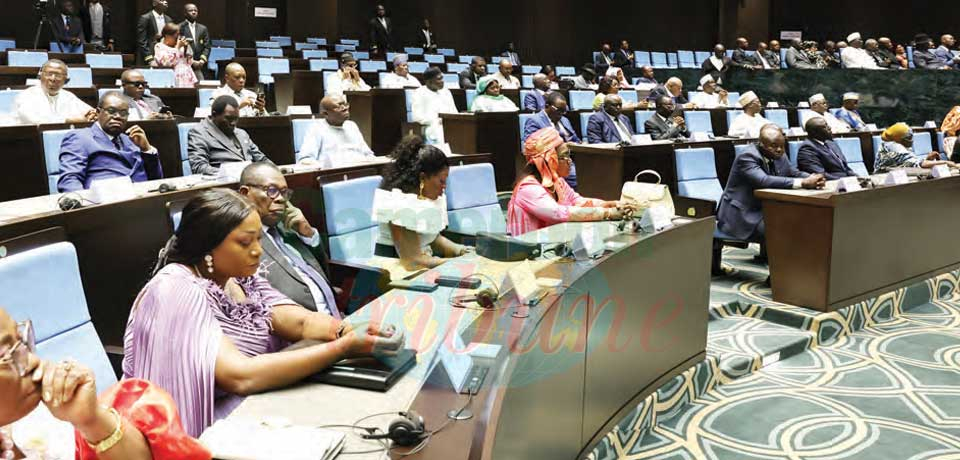
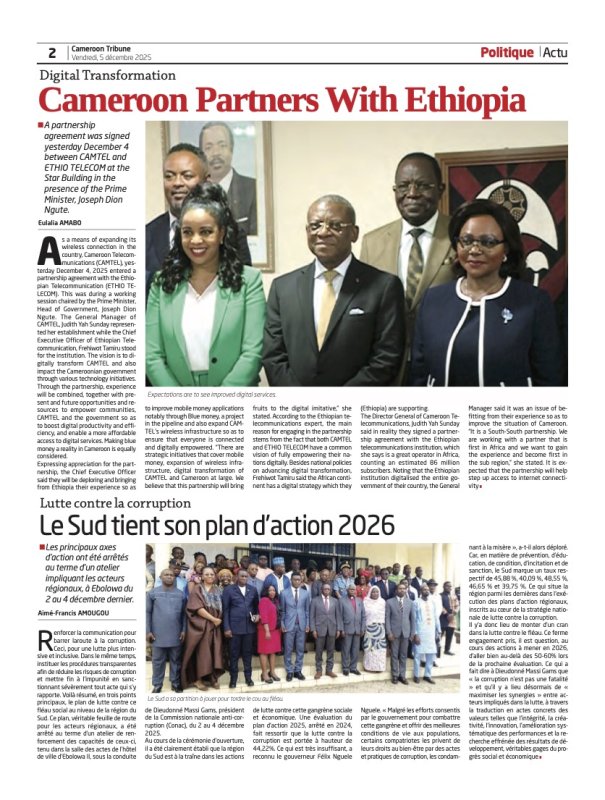




Commentaires